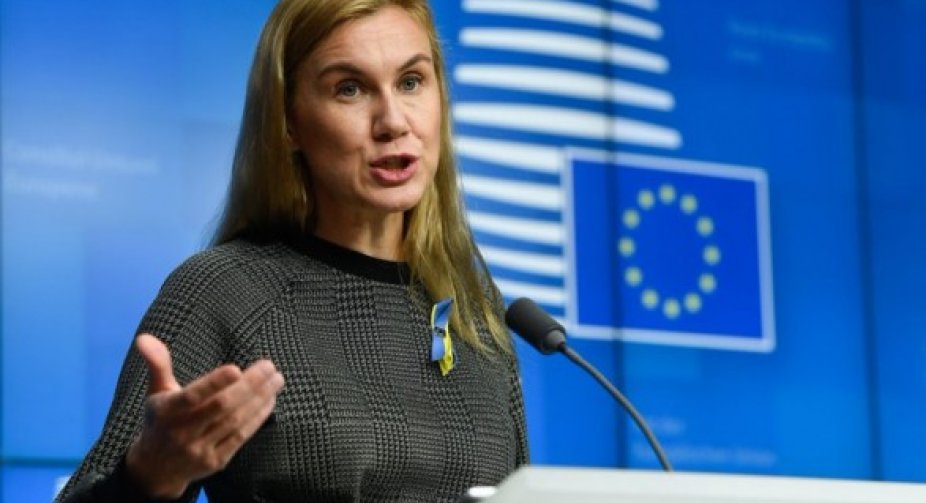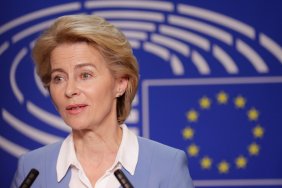The European Union should prepare for possible further disruptions in energy supplies from Russia. This was stated by European Commissioner for Energy Kadri Simson at the end of the EU Council meeting at the level of energy ministers the day before.
"Our priority now should be preparedness for any supply disruptions," Simson said.
The European commissioner referred in this context to Gazprom's decision to cut off gas supplies to Poland and Bulgaria. "This is an unjustified violation of existing contracts and a warning that any (EU - ed.) member state could be next," the official said.
During the EU Council meeting, she said, energy ministers discussed what needed to be done. "I pointed out to the ministers that I think we should focus on three areas," Simson added.
These, she said, are:
- Updating emergency gas supply plans and negotiating bilateral solidarity agreements;
- ensuring that European gas storage facilities are replenished before the next heating season;
- urgently continuing work on supply diversification through the EU Energy Platform, accelerating the use of renewable energy, including green hydrogen, and improving energy efficiency and conservation.
"At the current stage there is no immediate threat to the security of supply to Europe. For now, supplies to Poland and Bulgaria continue through alternative routes from Greece and Germany," Simson added.
"We are entering a very difficult phase of the war for Ukraine and for Europe's energy markets. As President von der Leyen said, work on sanctions related to the energy sector continues. Now more than ever, we need to remain united in our approach and coordinate our actions. I believe that today's Rada has helped us to strengthen that unity and coordination," the Commissioner concluded.
After the EU imposed sanctions against Russia over its invasion of Ukraine, Moscow demanded payment in rubles for gas supplies starting April 1. But the bloc told member states that the mechanism proposed by the Kremlin, which requires opening accounts in euros and rubles at the Russian-controlled Gazprombank, would violate the sanctions.
On April 27, Gazprom said it would cut off gas supplies to Bulgaria and Poland, which refused to pay in rubles. The company also stressed that since both countries are transit countries, in case of "unauthorized extraction of Russian gas from transit volumes to third countries, supplies for transit will be reduced by this volume.
The EU called Gazprom's statement about stopping supplies another attempt by Russia to blackmail gas.


